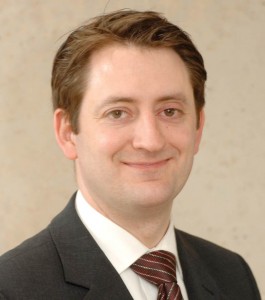By Catherine Reilly
Psychiatry has until recently ignored the issue of weight gain associated with antipsychotic medications, according to Prof Donal O’Shea, Consultant Endocrinologist and Physician based in St Columcille’s Hospital, Loughlinstown, and St Vincent’s University Hospital.
Prof O’Shea, who was invited by the College of Psychiatrists of Ireland (CPsychI) to speak on ‘Weight Gain in the Treatment of Mental Health’ at its recent Spring Conference told Irish Medical Times: “We know that if you follow patients who start antipsychotic medications for their mental health disorder, they will put on in four years an average of about 20 kilos… so there is significant weight gain associated with antipsychotic medications.”
He said weight gain was “a particular problem” with anti-psychotic medication and less so with antidepressant medication. In general, patients with mental health problems had issues with weight gain, he said.
Prof O’Shea added that many of the deaths in patients with a history of psychotic illness were not directly due to their mental health problem, but rather connected to being overweight and obese and developing conditions such as diabetes, heart disease and cancer.
This was an issue that psychiatrists globally had not acknowledged until very recently, said Prof O’Shea, but there was now a greater recognition of the seriousness of the situation.
Advocates on this issue within the profession of psychiatry and “an exaggeration of the global epidemic of obesity” within this patient group had contributed to better acknowledgement, he said.
Prof O’Shea’s presentation at the CPsychI explored the role of the psychiatrist in the prevention of weight gain associated with the treatment of mental health conditions and the need for all healthcare professionals to advocate for the prevention of obesity.
Asked what specifically was being done to prevent weight gain associated with treatment of mental health problems in Ireland, Prof O’Shea responded “not enough”.
However, one new development involved his team at the weight management clinic in St Columcille’s, which is engaging with Saint John of God Hospital to devise a programme to examine ways of preventing weight gain in mental health treatment. This programme is at the developmental stage, said Prof O’Shea.









 The College of Psychiatrists of Ireland (CPsychI) has elected Dr John Hillery as its new President to serve until 2020.
The College of Psychiatrists of Ireland (CPsychI) has elected Dr John Hillery as its new President to serve until 2020.